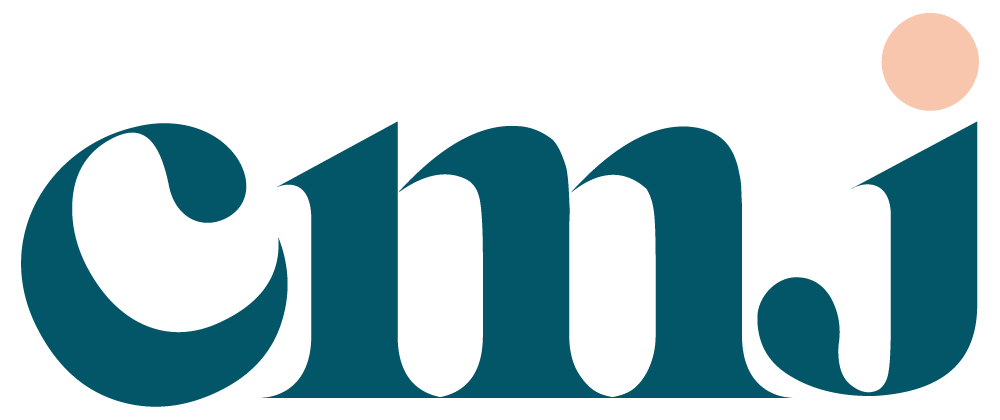Finding the Opposite of a Scarcity Mindset
A few weeks ago, I stood on the floor of a Las Vegas trade show, when a mentor of mine called me out of the blue. I rushed outside the crowded conference center and stood under a palm tree in the desert sun to call him back. He called to invite me to collaborate on a large project, he said.
This mentor is an accomplished man, a published author, and a former university lecturer. I was deeply honored and flattered he asked but, frankly, I was scared to accept. I started sweating, and it wasn’t just because of the 103-degree heat.
My mentor sensed my hesitation at his first offer and gave me time to think. I walked back into the air-conditioned trade show planning to get back to work but couldn’t stop thinking about our conversation.
Why would anyone hesitate to collaborate with someone they admire?
I realized my worry had some foundation. Repeated studies and stories have shown that people tend to disregard women’s contributions on projects, papers, and in communities when they work alongside men (and the impact is more severe for underrepresented women). The denial of equal credit for women’s work doesn’t need to be intentional to harm their careers. It just does, and that truth is painful and complicated.
But this doesn’t just impact women. It affects everyone who builds communities and trusts partners, team members, and leaders. The notion of “credit” and “credentials” is often more complex for us. At our most ideal, we give away credit, create distributed power structures, and serve collective needs. But many of the systems we work within idealize heroic singular leaders and undervalue all else. Credit still matters.
A few days after the initial call, my partner Dominick and I drove along the highway from Lansing to Mancelona, Michigan, and my phone rang again. My mentor was calling me back. I picked up and told him about all the study data I’d found.
When I stopped talking, he took a deep breath.
I was sure he would tell me not to worry — that he was “different” or that my fear was unfounded. I would have hung up soon after. But what he said instead changed the way I have been showing up to work every day since.
I’ll paraphrase:
“If you believe as I do that deep community heals individuals and organizations, then you know that there is an endless amount of work to be done. I cannot stop what society may do, but I appreciate your work and will do my best to boost you. People will steal your work. All of us tend to outweigh the credit we are due. But I encourage you not to erase your contributions before you make them.”
I knew then that I must step up alongside him. I said yes to the project.
After our call, I put down my phone, watched the yellow lines of the freeway blur together, and let his words sink in: If you show up and do the work, you will not get every opportunity or acknowledgment, but this is not a zero-sum game. Our triumph is shared. Scarcity is a reality, but it’s not the only reality.
You can base the work you do on the opportunity to do what matters, knowing that will create even more opportunities for all. Or you can base the work you do on the fear of not getting the promotion, job, client, contract, or credential. Both are possible paths that will likely lead to some success. You will need to live your own experiences, do the work that matters to you, and make your own choices.
Personally, I am choosing to do something that matters enough, for long enough, to help people build communities that heal and connect. As a result, we can unlock opportunities for everyone to get more credit, opportunity, and credentials.
This is, in essence, our job: To build community and tell stories about our community that leave others without the desire to know who did what. Instead, we aspire to leave others with just one burning desire: to lean in and ask, “How can I join you?”
P.S. The project was this book, which is now written and nearly published!
Be brave out there. We need you.
In my last newsletter, I wrote about how to manage intercommunity conflict. You can read that newsletter here.
In response, Robyn Jordan, co-founder of Black Girls Create and the BGNO Book Club (also a Community Builder for hire!), shared a book recommendation for you to check out: Anger is a Gift by Mark Oshiro. She shared that one of his characters comes to the same realization that anger can be a form of kindness. You can find Robyn on her website and you can buy Mark’s book through an indie bookstore. Enjoy!

